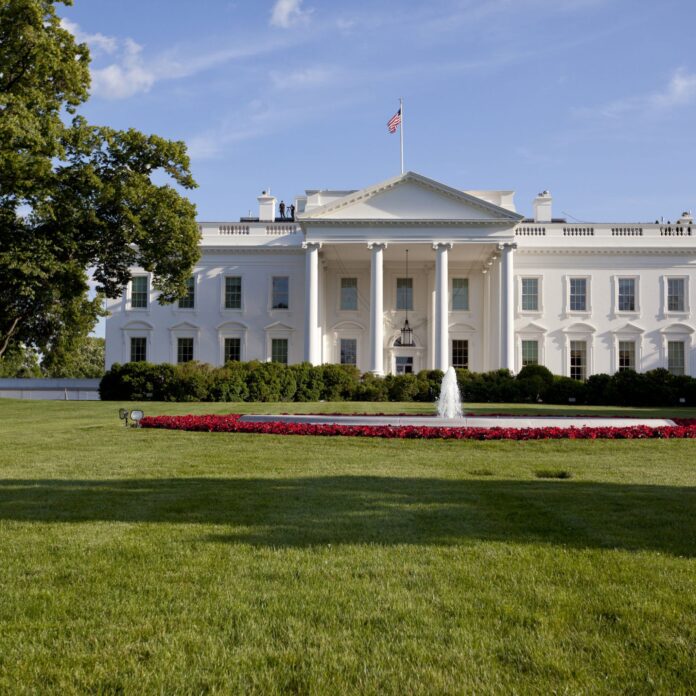The Bureau of Industry and Security (BIS) of the U.S. Department of Commerce officially announced that it will extend for 90 days the Temporary General License (TGL) for Huawei and its non-U.S. affiliates which are subject to the Entity List.
The TGL authorizes U.S. companies to make specific, limited engagements in transactions involving the export, reexport, and transfer of items to the Chinese vendor.
“The Temporary General License extension will allow carriers to continue to service customers in some of the most remote areas of the United States who would otherwise be left in the dark,” said Secretary of Commerce Wilbur Ross. “The Department will continue to rigorously monitor sensitive technology exports to ensure that our innovations are not harnessed by those who would threaten our national security.”
Outside of the scope of the TGL, any exports, reexports, or in-country transfers of items subject to the Export Administration Regulations (EAR) will continue to require a license, if granted, after a review by BIS under a presumption of denial, the Department of Commerce said.
However, this general license does not cover transactions between U.S. semiconductor manufacturers such as Qualcomm, Intel and Micron and Huawei. These companies are required to apply for special permits in order to continue supplying chips to the Chinese vendor.
U.S. chipmakers have argued that semiconductors used in most of Huawei’s phones are widely available on the global market and exports do not represent a national security risk. The U.S. semiconductor industry has argued the export ban is hurting U.S. companies by giving an advantage to foreign competitors in South Korea and Taiwan.
Earlier this month, U.S. Commerce Secretary Wilbur Ross confirmed that the U.S. government would soon start to issue the first licenses for U.S firms looking to sell components and software to Huawei. Ross said that the U.S. government had received 260 applications from companies looking to do business with the Chinese firm.
Ross also said that the government was surprised by the number of requests and planned to “approve quite a few of them”, with licenses “forthcoming very shortly.”
Huawei said in a statement that the latest extension would not “have a substantial impact on Huawei’s business either way.”
“This decision does not change the fact that Huawei continues to be treated unfairly, either,” the Chinese vendor said.
Huawei was added to the Entity List in May this year after the Department concluded that the vendor was engaged in activities that are contrary to U.S. national security or foreign policy interests.
The Chinese government reiterated on Tuesday that it hopes Chinese firms will be treated fairly by the U.S. authorities
“We urge the U.S. to stop abusing export controls to discriminate against the firms of another country in the name of national security, and to stop politicizing a trade problem,” Reuters quoted China’s Foreign Ministry spokesman Geng Shuang, as saying.

